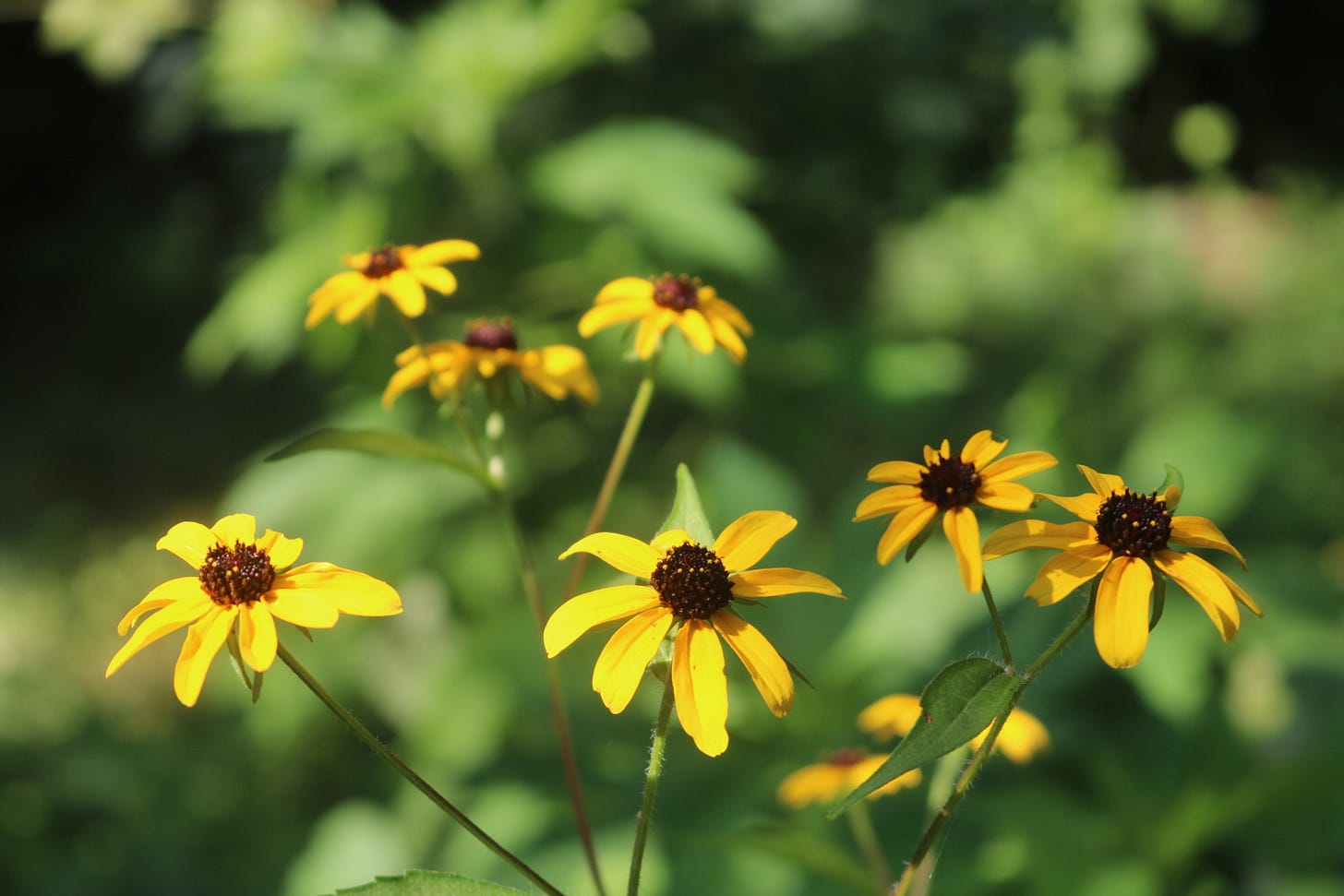A Matter of Form
Isn't poetry supposed to rhyme?
I sometimes hear that question at poetry readings or when I recommend a book of poems to someone who would say that poetry is “not their thing.” I have concluded that rhyme is an identifiable characteristic, present or absent, seized on by would-be critics who read or hear a poem that doesn’t speak to them. The obvious answer is that some forms rhyme and some don’t, but the answer does not satisfy such critics. With this confusion in mind, I present a few poems illustrating selected poetic forms.
The Villanelle:
I have only written one that I liked. It appeared in the 2023 edition of Tennessee Voices, published by the Poetry Society of Tennessee, a National Federation of State Poetry Societies member. It may be the only humorous poem in the volume. Humorous poetry gets a bad rap in certain circles.
Villanelle for the Didgeridoo We all should try the didgeridoo. With practice, I’m sure I could learn how to play. It would make me happy. How about you? With that honking noise, the birds all flew. The upstairs neighbors have moved away. We all should try the didgeridoo. Uninvited guests are suddenly few. Those who arrived have promised to pray. It would make me happy. How about you? New friends now say they love it for true. They sit and listen with never a fray. We all should try the didgeridoo. With time, my musical repertoire grew. I charmed a small dog, the neighborhood stray. It would make me happy. How about you? Broken, I quickly repaired it with glue. I’d love to say more, but I cannot stay. We all should try the didgeridoo. It would make me happy. How about you?
The Pantoum:
This form relies on intentional repetition rather than rhyme. I once heard Robert Morgan give a public reading of some of his poems. Most were free verse, but he included his noteworthy pantoum, “Audubon’s Flute.” I got a copy, read it a few times, and wrote a pantoum. I sent it to a local poet asking, “Is this a pantoum?” Her answer was, “Yes, Congratulations.” I was so thrilled that I wrote poem after poem in pantoum form. This one appeared in my illustrated chapbook, Healing and Conflict. There is a story behind that name, but I will save it for another time.
Vanishing Migrant – Pantoum Named for its color, the Cerulean Warbler breeds and nests in Tennessee and northward, migrates past Mexican pyramids and mariachi trumpets, escapes to spend the winter in Columbia. It breeds and nests in Tennessee and northward. Small but exuberant, it sings from the canopy, escapes to spend the winter in Columbia. With vanishing habitat, fewer fly each year. Small but exuberant, it sings from the canopy, migrates past Mexican pyramids and mariachi trumpets. With vanishing habitat, fewer fly each year. Named for its color, the Cerulean Warbler.
The Heroic Couplet:
In their book, The Making of a Poem, Strand and Boland identify this form as derived from Chaucer’s poetic style and the mainstay of sixteenth-century poetry. It was reserved for “high subject matter,” such as military victories, historical events, and athletic triumphs, the stuff of heroes. Dr. Suess gave it a whole new complexion, and anyone who writes in this form will likely be compared to that beloved children’s author. This one appeared in Healing and Conflict.
Full Speed Ahead I wonder how there came to be a plastic island in the sea. No challenge to avoid a crash. Cleave right through; our course is brash. Beware if barnacles adorn your boat. They’ll snag each plastic piece afloat. Cigarette lighters float in the wrack thick as lice on a heron’s back. Old bleach bottle and plastic bag; sent to the landfill, covered with slag. The plastics escape with torrential rain; Go down the river like soap down the drain. Birds and turtles feed on this mess. Dead in a week would be my guess. So, keep your plastic safe at home. Don’t send it out to sea to roam.
Free Verse
Strand and Boland identify free verse as a form, as does Robert Hass in his book, A Little Book on Form. At nearly 500 pages, I believe the title was intended as a joke. Please don’t confuse free verse with blank verse. The latter has a regular rhythm but no rhyme scheme. Paradise Lost is an epic poem in blank verse, with a few thousand unrhymed couplets. I have attempted the form and found my results horrifying at best. Free verse abandons both rhyme and rhythm. Leaves of Grass is a classic example, and Walt Whitman is sometimes credited with pioneering the form, but saying so usually starts an argument. Here is one of my free verse poems. It first appeared in the Weatherings anthology from FutureCycle Press.
Water Look through our disguise. Find we are water. Spread us thin and cast for trout among rogue molecules, deuterium-laced water. Distill us and build a bomb, aided by that heavy water. Trap us behind dams, generate power as we fall homeward. Use us to polish silver. Expiate every blemish. Leave a shine. Sail hard to leeward on liquid, once part of a star. Drink us down when you finish Pilates. You t,oo are water, at least 60 percent, and not enough to go around.
I am usually shy about presenting my poetry in published form, but I love to give public readings. I hope you enjoyed this small sample.




